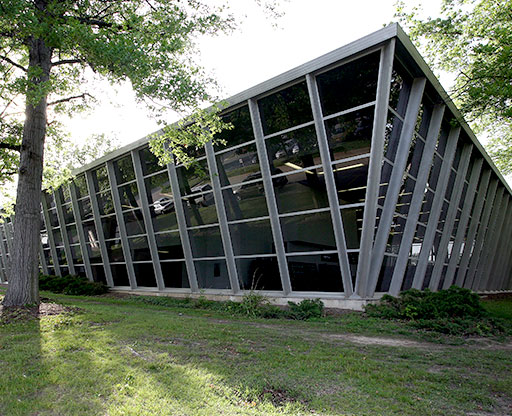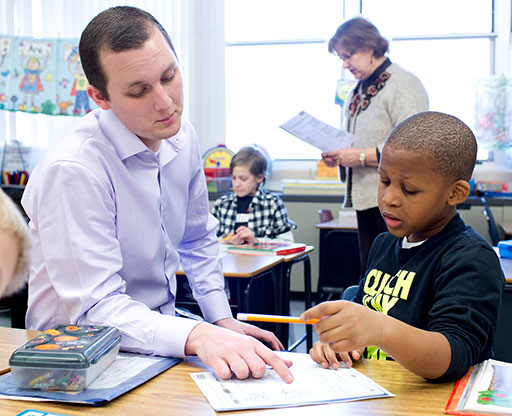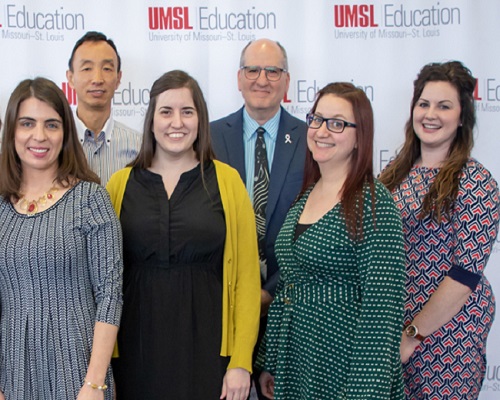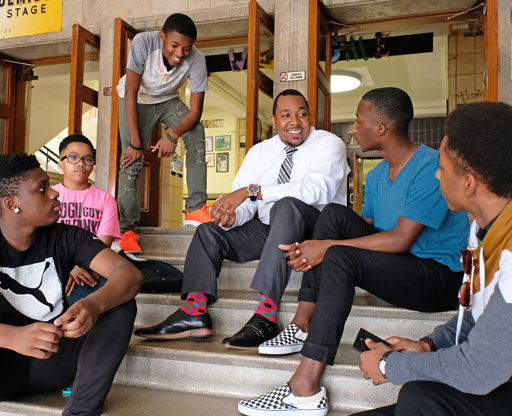Give a non-English speaking student the skills to succeed with a degree in Elementary Education with an emphasis in TESOL.
Teaching English to speakers of other languages (TESOL) transforms the lives of students by giving them the gift of language comprehension that will allow them to be an active participant in an English-speaking country or in careers that require English speakers. Becoming a TESOL certified teacher is the gateway to teaching English as a second language in K-12 schools by being a highly qualified teacher.
Program type:
Major, BSEd
Format:
On-Campus
Take the next step
Request more information below:

Bachelor of Science in Elementary Education -
TESOL Emphasis
The BS in Elementary Education, with an emphasis in TESOL, increases competency and confidence in integrating the four language skills of listening, speaking, reading and writing into academic teaching for English language learners. TESOL courses cover general linguistics, second/foreign language acquisition principles, cross-cultural communication theories and practices, assessments with coping strategies and developing and implementing instructional materials with reflection. The instructional design for each TESOL course includes exploring students’ backgrounds and determining desired results using assessment strategies, enacting with or presenting the interactive activities with explicit language targets and expanding inquiry with guided reflection.
Outcomes and Career Outlook
Upon completion of the program, graduates will be very competitive in the job market due to the increased knowledge, skills and disposition for English language learners and other linguistically diverse students. The TESOL endorsement may be combined with Special Education credentials to earn a Bachelor of Science in Elementary Education with an Emphasis in Special Education and TESOL that will make you highly qualified and marketable.
Literacy professionals are in high demand, and the U.S. Bureau of Labor Statistics the median annual salary for TESOL professionals is $59,720, with employment expected to increase by four percent through 2029.
60,560
4
Career Opportunities
- Elementary School Teacher
- ELL Specialist
- TESOL Teacher
- Reading Specialist
The BSED in Elementary Education with Emphasis TESOL offers teacher certification in Elementary grades 1-6 and the option to add TESOL certification with an additional application to DESE. The TESOL courses required for the degree prepare the teacher to work with students with varied language backgrounds in the elementary classroom or to specialize in teaching students who speak another language as their first language.
The initial teacher certification is in Elementary Education grades 1-6.
Plan of study
All majors must meet the general education requirements of the university in addition to completing degree-specific curriculum requirements.
Review Full Degree Requirements Download 4-Year Academic Map
Non-Missouri Residents: Prospective students are responsible for reviewing the NC-SARA state authorizations page to see if this program is offered in their state throughout their program and to review the licensure or certification requirements for the state in which they reside.
Student organizations
Make new friends and learn new skills by joining one of our Recognized Student Organizations. Here are several opportunities you may be interested in as an education major:
- EduCATE: Collegiate Association of Teachers and Educators
- Lingua
- Kappa Delta Pi, Mu Iota Chapter
- Student Government Association
- Students of the University of Missouri
Internship opportunities
The College of Education hosts many centers and initiatives that enhance student experiences in our programs and work with more than 36 different public, private and charter schools throughout the region. We also sponsor eight charter schools.
Honors College
The UMSL Honors College is a certificate program that can be paired with any major without adding extra classes or extending time to graduate. Classes in the Honors College are seminar-style, meaning that they are based in reading, writing, discussion, and critical thinking. This unique class format fosters an intellectual climate centered around democracy, diversity, civility and academic excellence.
Undergraduate research
We encourage and support students as they engage in exciting activities in and outside of the classroom that enrich their academic and professional understanding of their chosen area of study. All majors are encouraged to participate in Undergraduate Research and Scholarship to produce discipline-specific intellectual or creative innovations to their field.








